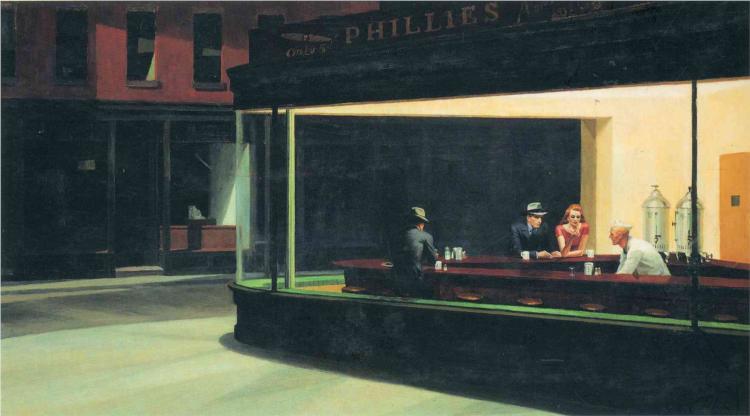Me — a teenager?
If she suddenly stood, here, now, before me,
would I need to treat her as near and dear,
although she’s strange to me, and distant?
Shed a tear, kiss her forehead
for the simple reason
that we share a birthdate?
So many dissimilarities between us
that only the bones are likely still the same,
the cranial vault, the eye sockets.
Since her eyes seem a little larger,
her eyelashes are longer, she’s taller
and the whole body is closely sheathed
in smooth, unblemished skin.
Relatives and friends still link us, it is true,
but in her world almost all are living,
while in mine almost no one survives
from that shared circle.
We differ so profoundly,
talk and think about completely different things.
She knows next to nothing —
but with a doggedness deserving better causes.
I know much more —
but nothing for sure.
She shows me poems,
written in a clear and careful script
that I haven’t used for years.
I read the poems, read them.
Well, maybe that one
if it were shorter
and fixed in a couple of places.
The rest are not encouraging.
“Teenager” by Wislawa Szymborska, Translated by Clare Cavanagh & Stanisław Barańczak, from Here, Mariner Books.

